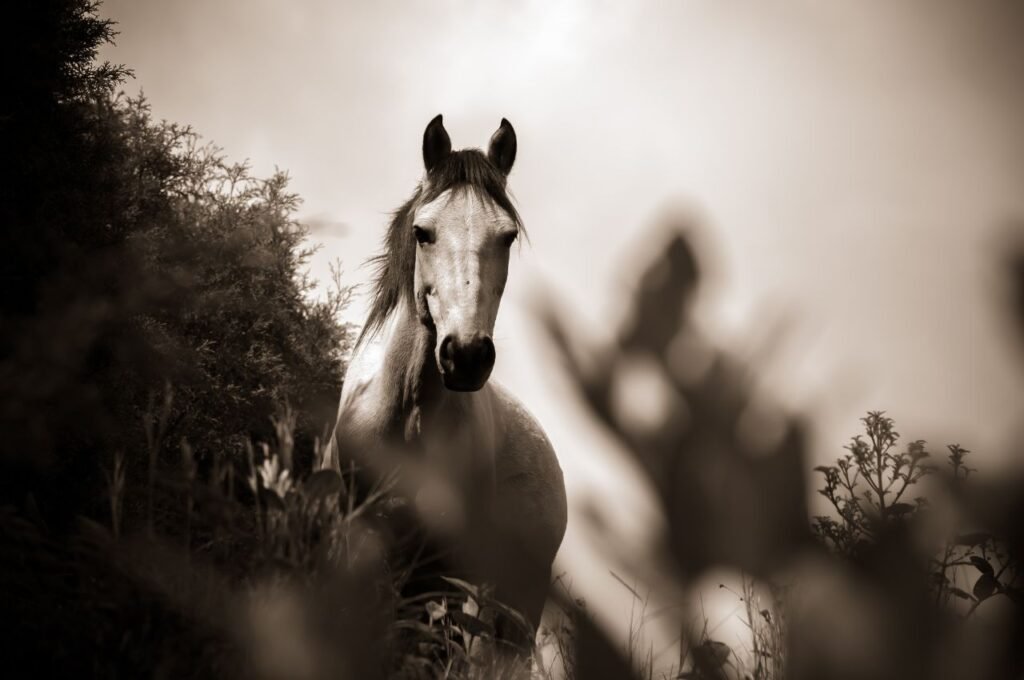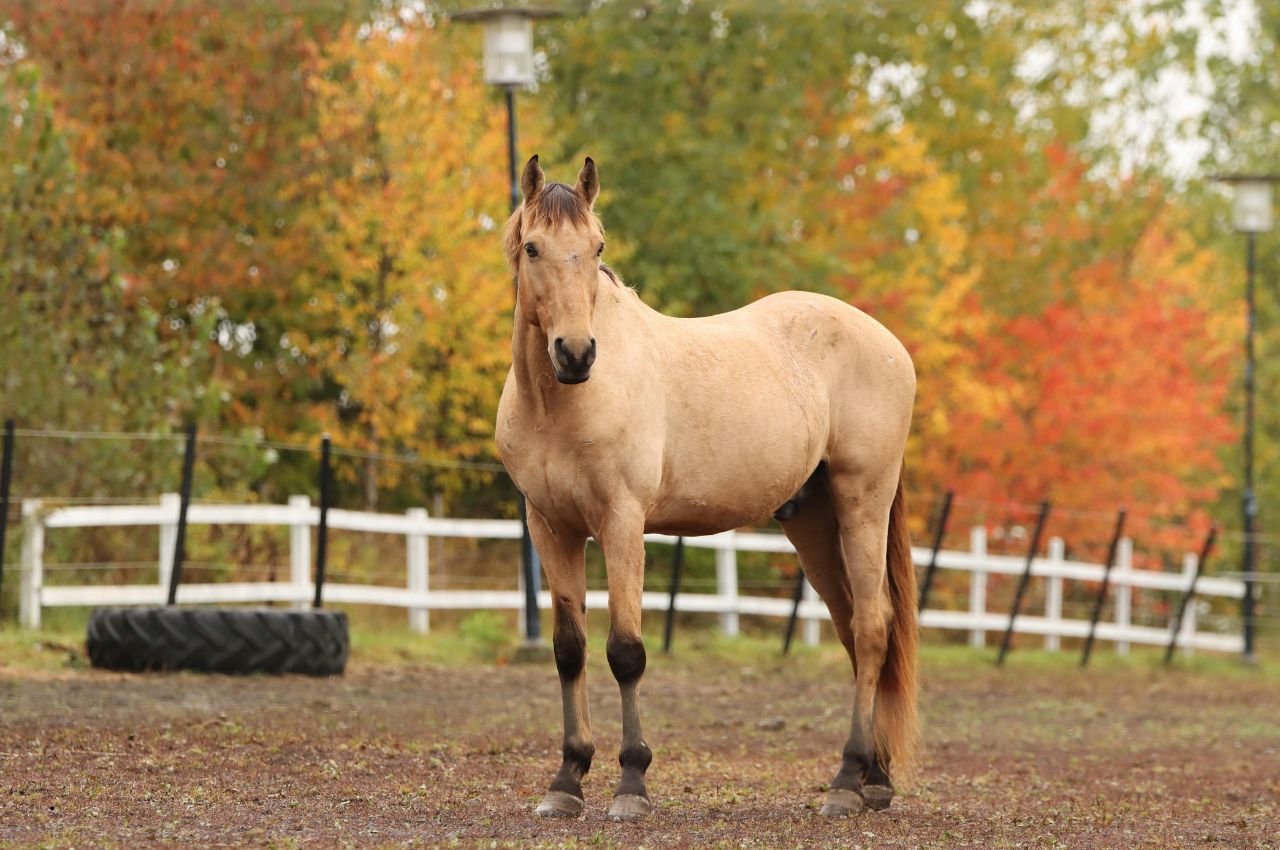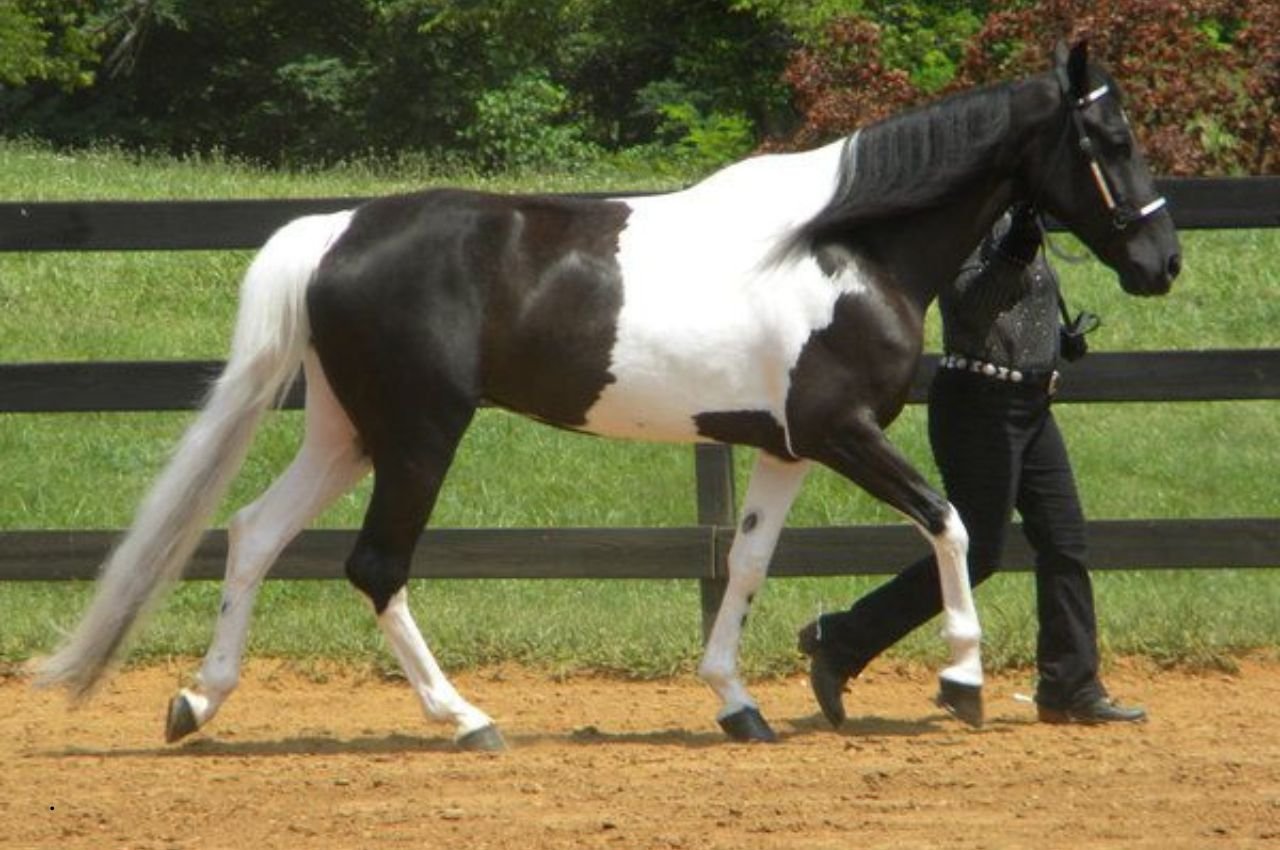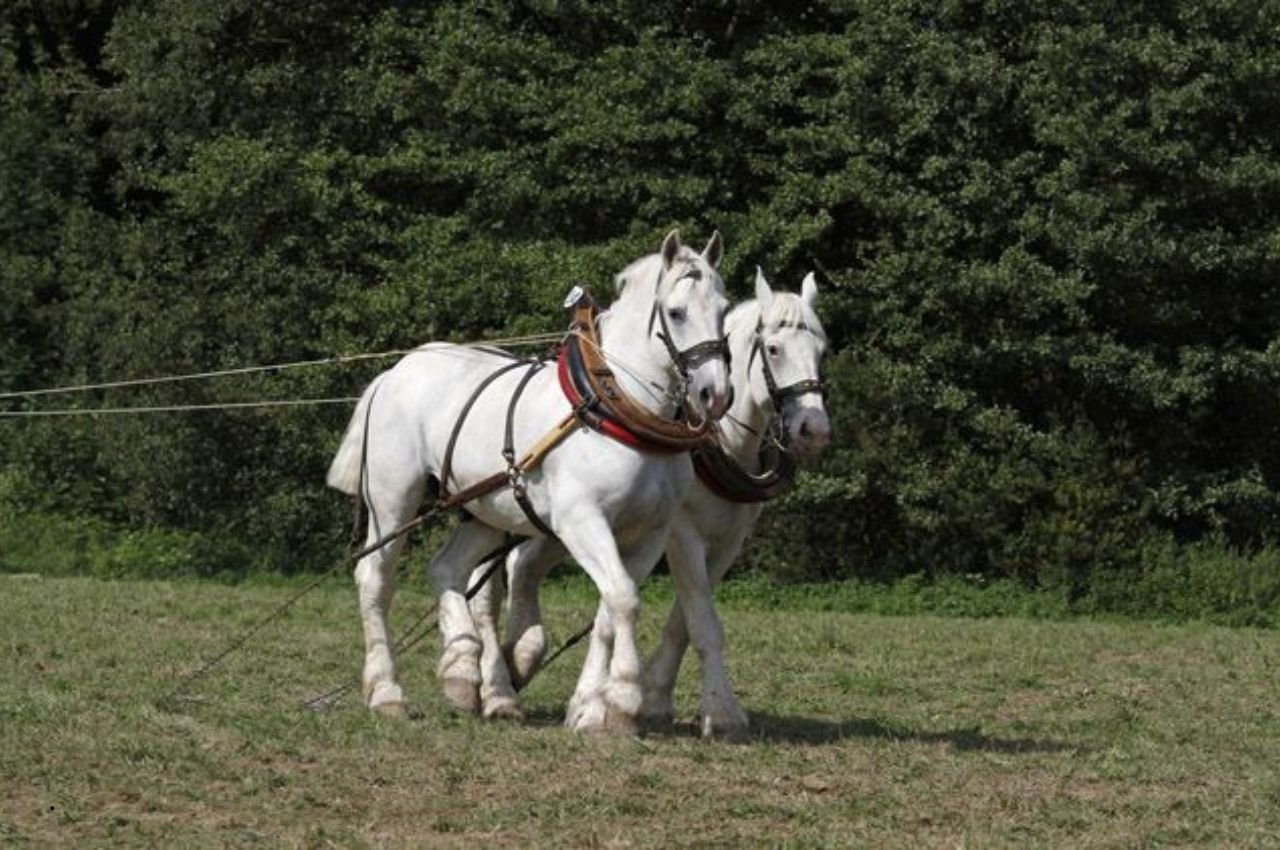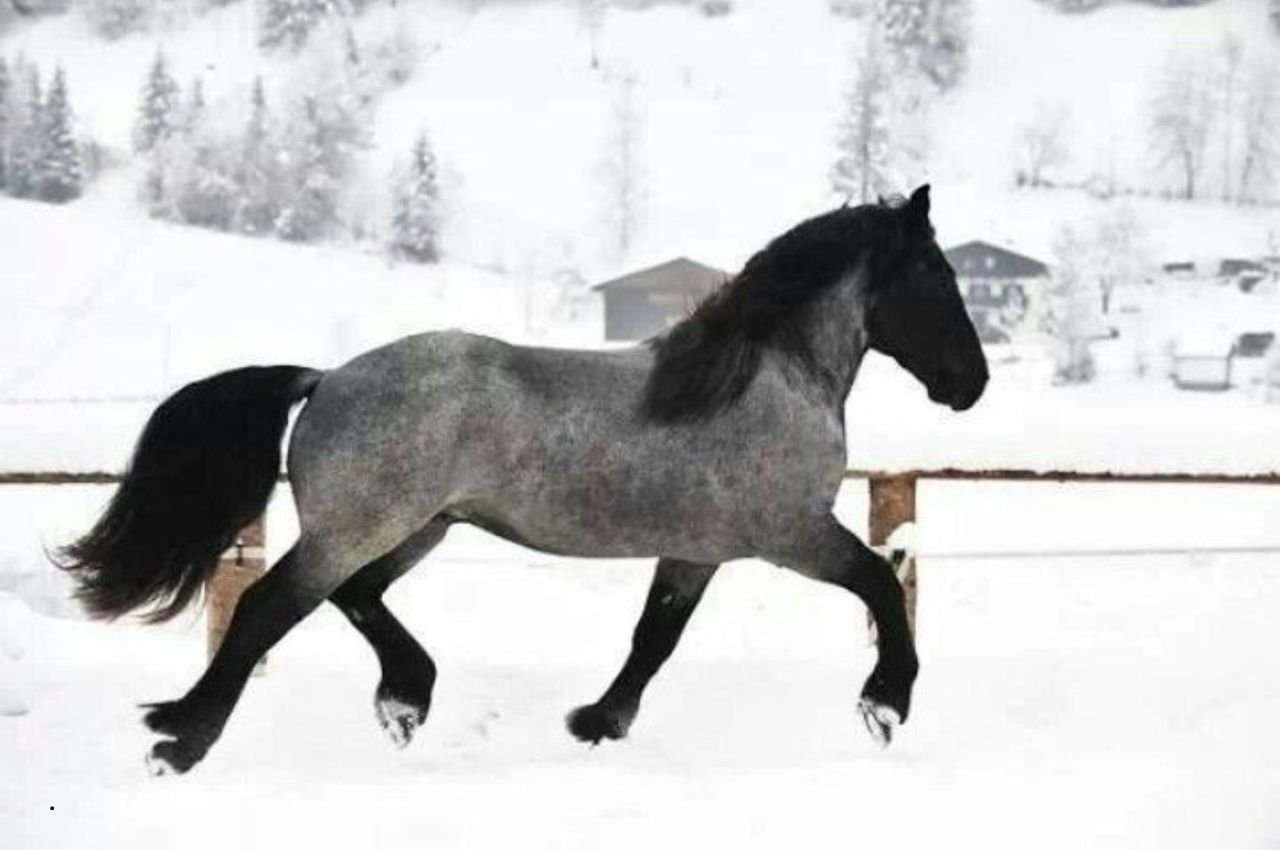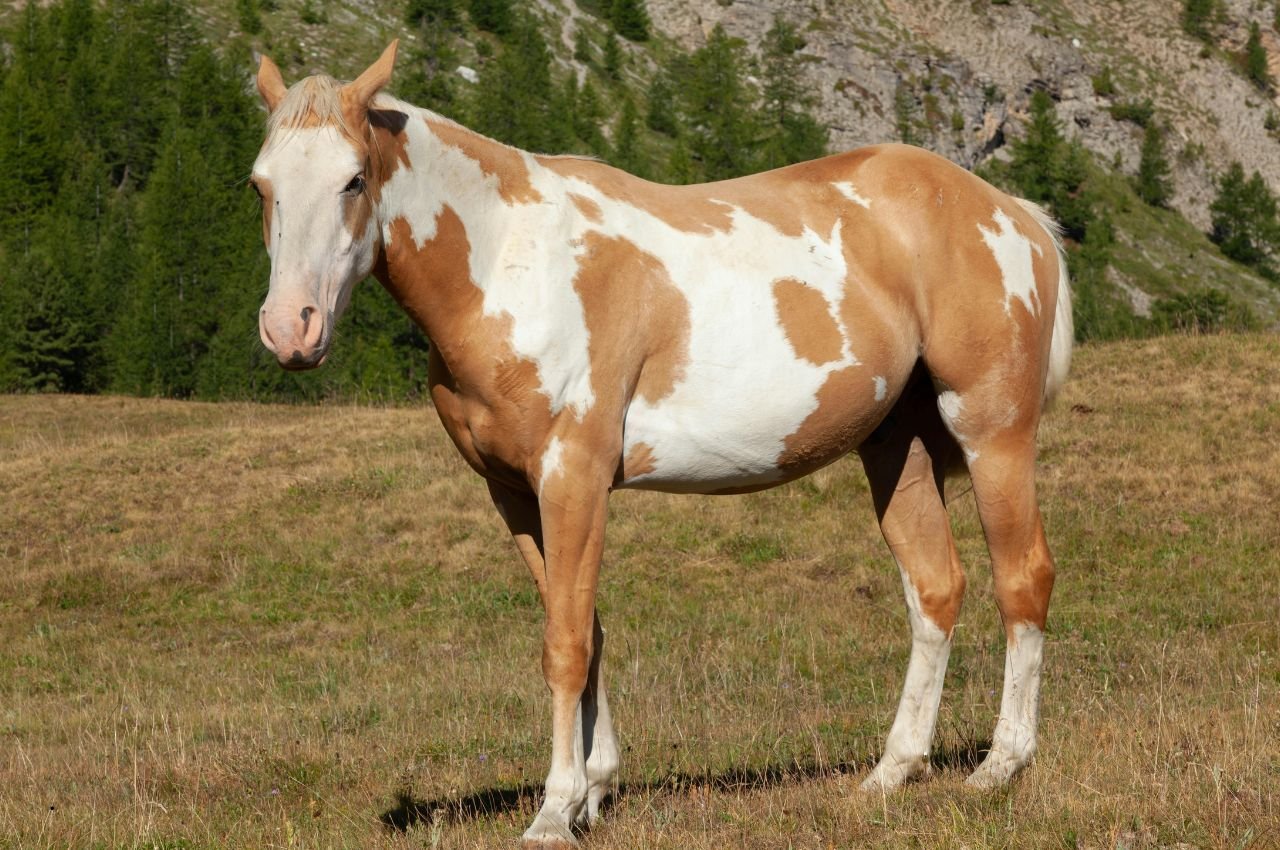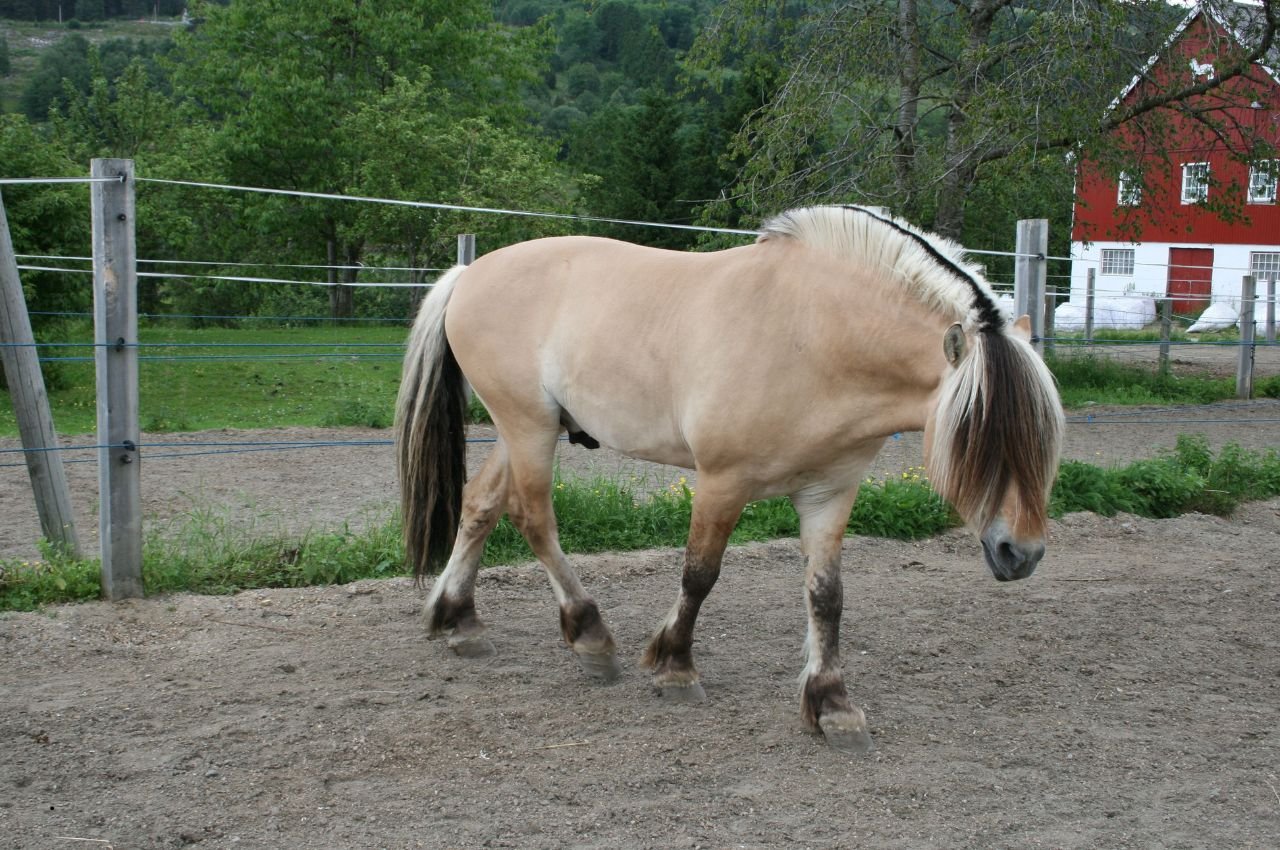Hydration is one of the most crucial aspects of maintaining a horse’s overall health and performance. Just like humans, horses need a consistent intake of water to stay hydrated, support their metabolism, and perform at their best, whether in competition or regular work. Inadequate hydration can lead to various health issues such as colic, kidney problems, or reduced performance.
Here are seven essential practices to ensure your horse stays properly hydrated.
1. Provide Clean, Fresh Water at All Times
Horses drink a significant amount of water daily—usually between 5 to 10 gallons per day, depending on their size, activity level, and the environment. Providing fresh, clean water is the most basic yet vital part of ensuring proper hydration.
Best Practices:
- Change water daily to prevent contamination from dirt or algae.
- Check for cleanliness regularly, ensuring there are no floaties, dead insects, or other debris.
- Use water heaters in colder climates to keep water from freezing and encourage consumption during winter.
Why It Matters:
Stale or contaminated water can discourage horses from drinking. Some horses are particularly finicky about the taste or cleanliness of their water, so be sure to offer them water that is appealing and free from any odd tastes or smells.
2. Monitor Water Intake Regularly
Horses don’t always drink as much as they need, especially if they’re stressed, sick, or if the water is unappealing. Monitoring their water intake helps ensure they’re drinking enough to stay hydrated.
Best Practices:
- Track daily intake by measuring how much water your horse consumes. Keep a record and look for any changes in their drinking habits.
- Use smart water monitoring tools like automatic waterers that record how much a horse drinks or digital sensors that send alerts when water intake is low.
Why It Matters:
A sudden drop in water intake can be a sign of health problems such as colic, dental issues, or behavioral stress. Tracking intake helps you detect these problems early.
3. Offer Electrolytes for Enhanced Hydration
Electrolytes are vital for maintaining fluid balance in your horse’s body. During hot weather or after intense exercise, horses lose electrolytes through sweat, and replacing them can help improve hydration and prevent dehydration.
Best Practices:
- Add electrolytes to water: You can mix commercial electrolyte supplements with water to encourage drinking, especially after exercise.
- Offer electrolyte paste or gels: These can be given directly after a heavy workout or in hot weather. Some horses prefer these alternatives over water mixed with electrolytes.
Why It Matters:
Electrolytes like sodium, potassium, and chloride are necessary to maintain fluid balance, nerve function, and muscle function. Without them, your horse’s body can struggle to retain water, leading to dehydration and muscle cramping.
4. Increase Hay and Feed Moisture Content
Hay and feed can make up a large portion of your horse’s overall water intake, especially if they are fed wet or damp hay. Dry hay can have a lower water content, while soaked hay or mash can help add extra moisture.
Best Practices:
- Soak hay or grain: In hot weather or for horses prone to dehydration, soaking hay for 30 minutes to 1 hour before feeding can significantly increase their water intake.
- Mash or wet pellets: Feed your horse mashes or pelleted grain soaked in water to ensure they’re consuming both nutrients and hydration.
Why It Matters:
Horses that are not drinking enough water may compensate by getting hydration from their food. Wetting down hay and grain can help prevent dehydration and keep them hydrated during the day.
5. Offer Water During and After Workouts
Horses need to drink after exercise to replace the fluids lost through sweat. However, horses may be reluctant to drink immediately after a workout, especially if they are too hot or sweaty.
Best Practices:
- Allow time for cooling down: After a workout, allow your horse to cool down first before offering water. They might be more willing to drink when they aren’t overheated.
- Provide water in smaller amounts: Offer water in small, frequent amounts rather than a large bowl all at once. This can be easier on their stomachs and more likely to encourage them to drink.
Why It Matters:
Horses that don’t rehydrate properly after exercise may experience muscle cramping, fatigue, or reduced performance. This is especially true in hot weather, where dehydration can lead to heat stress or exhaustion.
6. Create a Comfortable Drinking Environment
Stress can prevent horses from drinking, and an uncomfortable drinking station can add to this anxiety. Whether it’s the water source or the location, creating a positive drinking environment can encourage your horse to drink more.
Best Practices:
- Keep the water station quiet: Choose a quiet, calm spot for your horse to drink, away from distractions like loud noises, busy traffic, or other horses that might make them anxious.
- Provide familiar waterers: Some horses may prefer certain types of water containers over others, such as a bucket over a trough or a automatic waterer. Know what your horse prefers and stick with it.
- Ensure easy access: Make sure your horse doesn’t have to struggle to reach the water. This includes providing an appropriate height water bucket or trough and making sure it’s easy to drink from.
Why It Matters:
Stress can suppress a horse’s thirst drive, leading to inadequate water intake. The more relaxed they are while drinking, the more likely they are to consume adequate amounts of water.
7. Pay Attention to Weather Conditions
Weather plays a significant role in a horse’s hydration needs. Horses often drink more water in hot weather due to increased sweating and higher body temperature, while they may drink less in colder weather.
Best Practices:
- In hot weather: Ensure your horse has access to cool, shaded areas and fresh water. You can also offer ice-cold water (if they’re used to it) to encourage drinking.
- In cold weather: Horses may drink less when it’s cold, so you can warm up the water or offer hot bran mashes to encourage them to consume more fluids.
Why It Matters:
During extreme temperatures, horses may have different hydration needs. In hot weather, they can easily become dehydrated due to excessive sweating. In colder weather, they may simply not feel thirsty but still need to drink to stay hydrated.
Conclusion
Hydration is a fundamental part of keeping your horse healthy, comfortable, and performing at their best. By following these seven hydration practices—providing fresh water, monitoring intake, using electrolytes, increasing feed moisture, offering water during workouts, creating a comfortable drinking environment, and being mindful of weather conditions—you can help ensure that your horse stays hydrated, happy, and healthy year-round. Remember, a hydrated horse is a healthy horse!
Frequently Asked Questions (FAQ) on Horse Hydration Practices
1. How much water does a horse need daily?
On average, horses need between 5 to 10 gallons of water per day. The exact amount can vary depending on factors such as the horse’s size, activity level, diet, and environmental conditions (e.g., temperature or humidity).
2. What happens if a horse doesn’t drink enough water?
If a horse becomes dehydrated, it can lead to a variety of health issues including:
- Colic (intestinal problems)
- Kidney damage
- Impaired digestion
- Reduced performance (muscle cramps, fatigue, etc.)
- Heat stress (particularly in hot weather)
Chronic dehydration can have serious long-term effects on your horse’s health, so it’s essential to monitor their water intake regularly.
3. How can I tell if my horse is dehydrated?
Some common signs of dehydration in horses include:
- Dry or sticky gums
- Sunken eyes
- Lack of energy or lethargy
- Reduced skin elasticity (pinch a fold of skin; it should snap back quickly, not stay pinched)
- Dark urine or reduced urine output
If you notice these symptoms, it’s crucial to offer water immediately and consult your veterinarian if the signs are severe.
4. Can horses drink cold water?
Yes, most horses can drink cold water without any issues. However, some horses may be sensitive to extremely cold water, especially if they are very hot or have just finished exercise. It’s a good idea to offer cool or lukewarm water after a workout rather than ice-cold water.
5. What are electrolytes, and why are they important for hydration?
Electrolytes are minerals (like sodium, potassium, and chloride) that help maintain fluid balance, nerve function, and muscle contractions. Horses lose electrolytes through sweat, especially in hot weather or after exercise. Replenishing electrolytes can help prevent dehydration, muscle cramps, and fatigue.
6. How can I encourage my horse to drink more water?
If your horse isn’t drinking enough, here are a few tips to encourage them:
- Use flavor enhancers: Try adding electrolytes or a small amount of apple cider vinegar to the water to make it more appealing.
- Soak their feed: Wetting hay or grain with water increases the moisture content and helps them consume more liquid.
- Provide fresh water: Horses are more likely to drink clean, fresh water. Clean water troughs or buckets regularly.
- Use automatic waterers: Some horses prefer automatic waterers that provide a steady stream of fresh water.
7. What’s the best way to provide water in colder climates?
In winter, you need to ensure that the water doesn’t freeze. Here are some strategies:
- Use heated water troughs or water heaters to keep the water from freezing.
- Offer warm water if the horse is reluctant to drink cold water.
- Check water frequently to ensure it’s not frozen, especially during particularly cold spells.
8. Is it safe to add electrolytes to my horse’s water?
Yes, adding electrolytes to your horse’s water is generally safe, but it should be done in moderation. Electrolytes help replace the minerals lost through sweating and can be particularly useful after exercise or in hot weather. Always follow the recommended dosage, and consult your veterinarian before starting a new electrolyte supplement to ensure it’s suitable for your horse’s needs.
9. Should I soak my horse’s hay?
Soaking hay is a good practice, especially for horses that have trouble drinking enough water or are prone to dehydration. Soaking hay can help increase their overall water intake. However, don’t soak hay for too long, as this can cause nutrient loss. Typically, soaking for 30 minutes to 1 hour is enough.
10. Can horses drink water from ponds or streams?
While horses may be tempted to drink from ponds or streams, it’s generally not recommended. Water from natural sources can contain harmful bacteria, parasites, or algae that could cause illness. Always ensure your horse has access to clean, fresh water, ideally from a trough or bucket that you maintain and monitor.
11. Can horses overhydrate?
While it’s less common, horses can overhydrate, especially if they drink excessive amounts of water quickly after a strenuous exercise session. This condition, known as water intoxication, can lead to low sodium levels in the blood and cause neurological symptoms like lethargy or disorientation. To prevent this, encourage horses to drink smaller amounts of water over a longer period after exercise rather than all at once.
12. How often should I check my horse’s water?
It’s a good idea to check your horse’s water at least twice a day, more often in extreme weather. Ensure that it is clean, fresh, and free from contaminants or debris. In colder months, be extra vigilant to make sure that the water doesn’t freeze.

